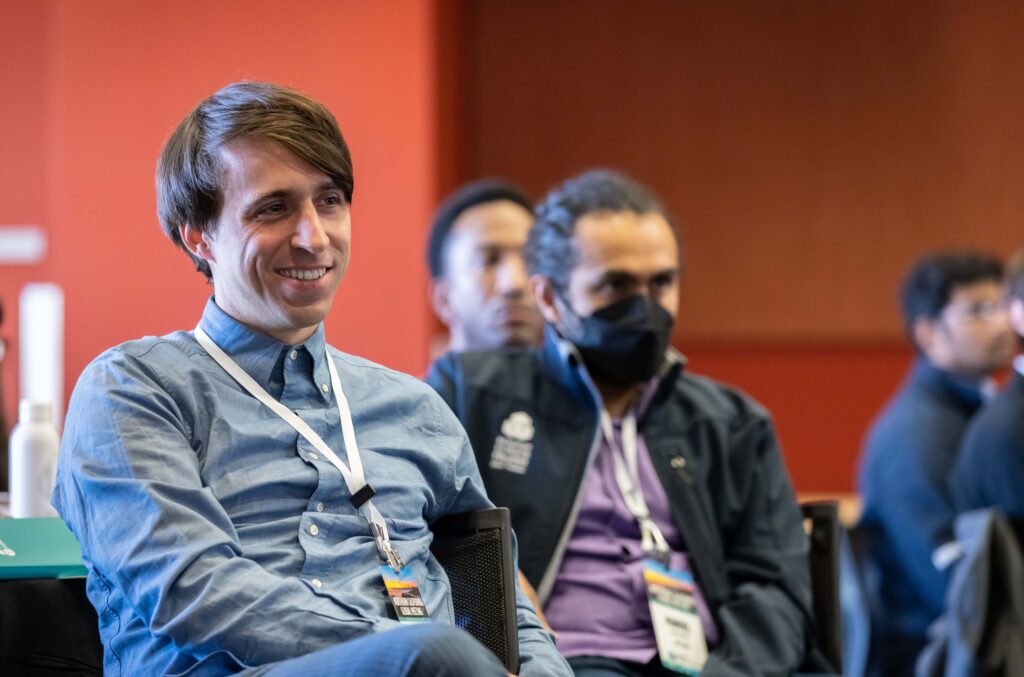New research published today in Cell Systems provides new insights into the non-genetic variations in cells that can drive resistance to therapy in rare cancer cells.
The work, co-led by 2018 Schmidt Science Fellow and senior author Dr. Yogesh Goyal (University of Pennsylvania) and first author Lea Schuh (Helmholtz Zentrum München), has studied the mechanisms driving temporary changes in rare cancer cells that can lead to them developing resistance to some of the targeted therapies that clinicians use with patients.
There are many examples of dramatic changes in the behavior of cells in nature, and in the human body in particular, and this is often believed to be due to genetic mutations. However, recent research has suggested that rare and large fluctuations in single cells, such as in cancer, can also result from temporary non-genetic variability in otherwise genetically identical cells. Today’s new research, based on a mathematical framework combining ideas from stochastic network modeling and data science, identifies a minimal set of mathematical requirements for gene regulation that explains the potential origins of this new type of cell variability.
Interdisciplinary working and international collaboration has been central to this research. This has helped us to uniquely integrate ideas from mathematics, biology, and engineering, which comes out quite vividly in the published product. – Dr. Goyal
The research provides the first steps in understanding this new class of transcriptional variability, shown by transient and coordinated high expression of multiple genes, and could help us to understand the behavior of cancers, inform new therapies, and increase our understanding of a wide range of biological mechanisms.
Dr. Goyal said: “Occasional but large-scale changes from normal, expected natural behavior take place around us all the time. These can include a hurricane whipping up in a weather system or a dramatic plunge in the stock market. Similar changes in the biology of our bodies can give rise to cancers, or even enable an existing cancer to become resistant to therapy. Our work provides a new insight into the potential mechanisms that drive large variations in cells leading to significant abnormal changes in cell behavior.”
Ms Schuh added, “We hope that this fundamental research will not only improve our understanding of an important biological mechanism but could help to inform cancer treatment strategies in the future.”
The research team involved in the work spanned multiple disciplines, countries, and institutions including the University of Pennsylvania, Helmholtz Zentrum München, Technical University of Munich, and the University of Delaware.
Dr Goyal commented: “Interdisciplinary working and international collaboration has been central to this research. This has helped us to uniquely integrate ideas from mathematics, biology, and engineering, which comes out quite vividly in the published product. Furthermore, this project was a wonderful opportunity to mentor and work with Lea, a brilliant young scientist, which introduced me to subtle yet meaningful aspects of mentorship.”
The research has been supported by Schmidt Science Fellows and DFG, BMBF, DAAD, National Science Foundation, National Institutes of Health, and the Jane Coffin Childs Memorial Fund for Medical Research.



